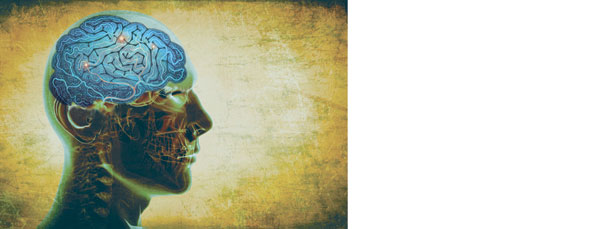Extracts

Parkinson’s treatment shows positive results in clinical testing
Researchers from the University of Florida and 14 additional medical centers report that deep brain stimulation (DBS) is effective at improving motor symptoms and quality of life in patients with advanced Parkinson’s disease.
The study, sponsored by St. Jude Medical, Inc., tested the safety and effectiveness of a constant current DBS device developed by St. Jude Medical to manage the symptoms of Parkinson’s disease. The device aimed to reduce tremors, improve the slowness of movement, decrease the motor disability of the disease and reduce involuntary movements called dyskinesia, which are a common side effect of Parkinson’s drugs.
After treatment, analysis of 136 patient diaries revealed longer periods of effective symptom control — known as “on time” — without involuntary movements.
“On time” for patients who received stimulation increased by an average of 4.27 hours compared with an increase of 1.77 hours in the group without stimulation. Patients also noted overall improvements in the quality of their daily activities, mobility, emotional state, social support and physical comfort.
“This study validates the use of mild electrical currents delivered to specific brain structures in order to improve Parkinson’s disease in select patients with advanced symptoms,” said Dr. Michael S. Okun, first author of the study, administrative director of the UF College of Medicine’s Center for Movement Disorders and Neurorestoration, and the National Medical Director for the National Parkinson Foundation. Only patients who have had Parkinson’s disease for five years or more were included in the study. They were randomly assigned to a control group that delayed the onset of stimulation for three months, or a group whose stimulation began shortly after surgery. All patients were followed for 12 months.
The deep brain stimulation procedure involves surgeons implanting small electrodes into an area of the patient’s brain that controls movement. The electrodes are connected to a device precisely programmed to use mild electrical current to modulate problematic brain signals that result in movement problems.
Today’s voltage-controlled DBS devices deliver pulses of current that vary slightly with surrounding tissue changes. The DBS devices tested in this study are intended to provide more accurate delivery and control of the electrical pulses.
“We are committed to driving research that will provide solutions for physicians and their patients whose needs are currently unmet,” said Rohan Hoare, president of St. Jude Medical Neuromodulation Division. “These results are significant as they offer evidence that stimulation with the Libra constant current system enabled patients to have better motor control and an improvement in their quality of life when compared to the control group.”
The U.S. Food and Drug Administration approved the use of DBS for Parkinson’s disease in 2002. At least 500,000 people in the United States suffer from Parkinson’s, with about 50,000 new cases reported annually, according to the National Institute of Neurological Disorders and Stroke. These numbers are expected to increase as the average age of the population rises.
“The study answered some very important questions concerning cognition and mood with lead implantation (alone) versus implantation with stimulation. It also refutes the hypothesis that DBS increases depressive symptoms,” said Dr. Gordon H. Baltuch, a professor of neurosurgery in the Perelman School of Medicine at the University of Pennsylvania and a study author.
Comparable with other large DBS studies, the most common serious adverse event revealed was infection, which occurred in five patients. Likewise, some participants also reported an increase in the occurrence of slurred speech, known as dysarthria.
“Technology is on the move, and we expect to see continued improvements to DBS approaches, equipment and materials,” said Okun, who is also affiliated with UF’s McKnight Brain Institute.
Michael S. Okun, okun@neurology.ufl.edu